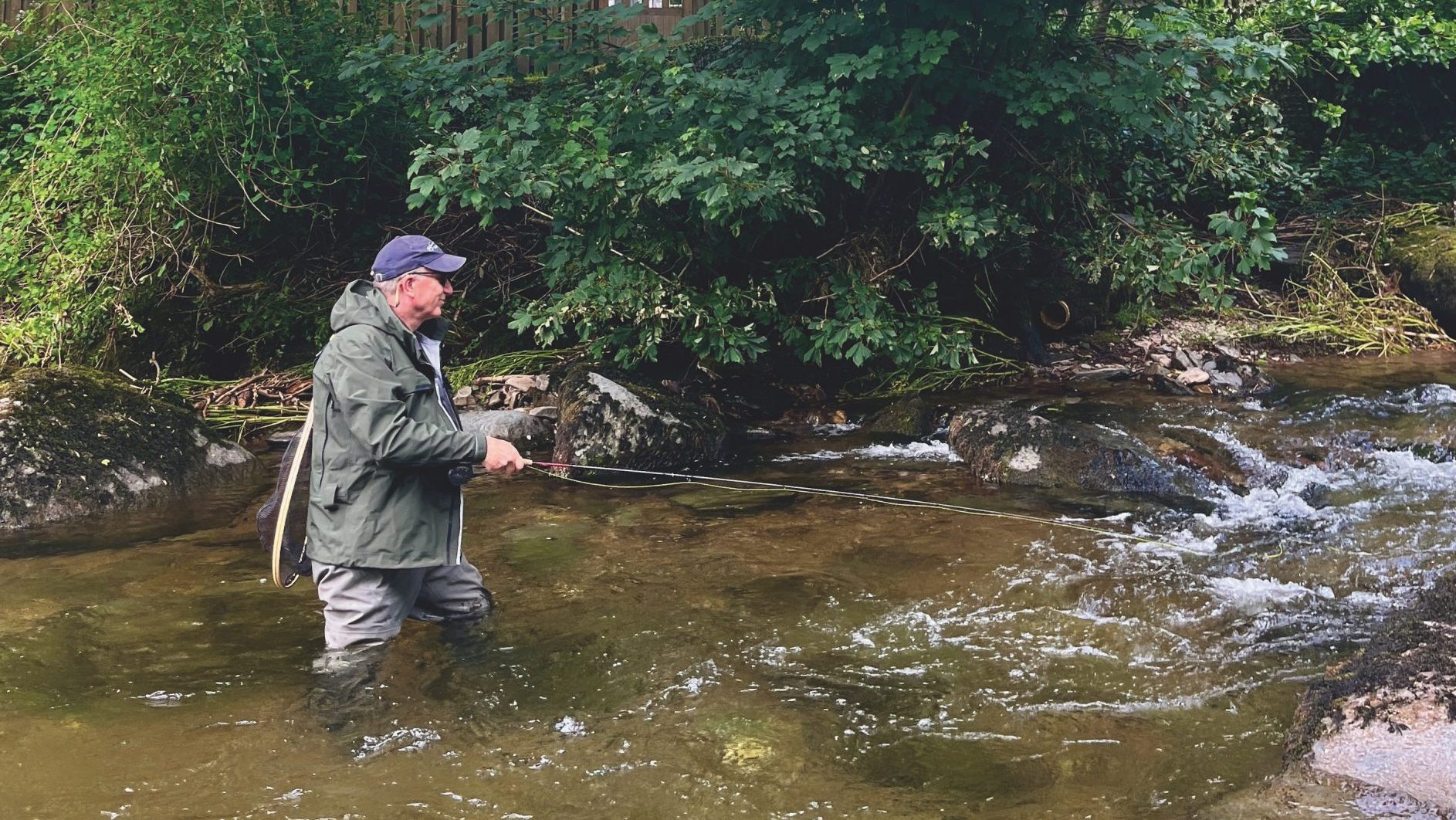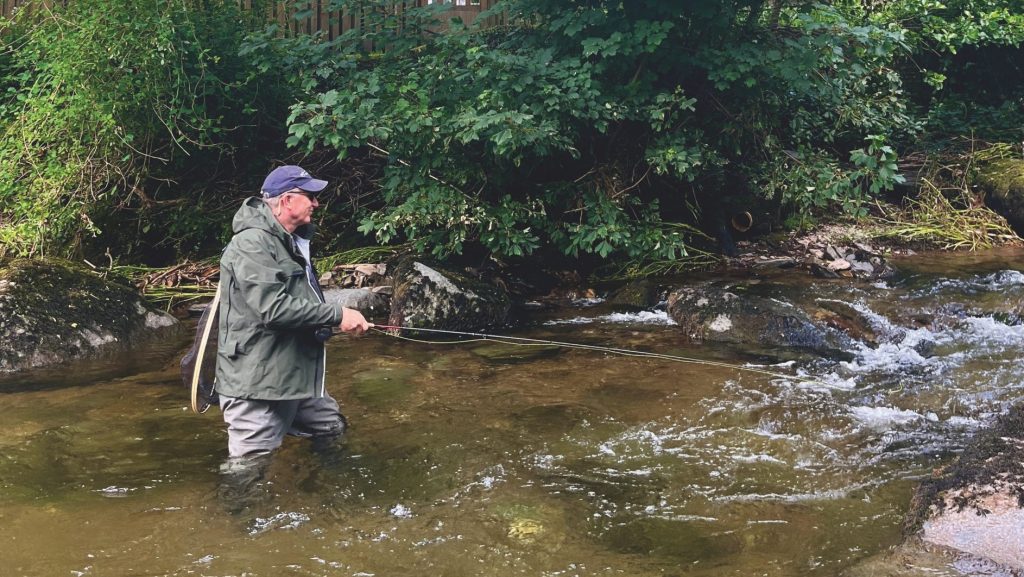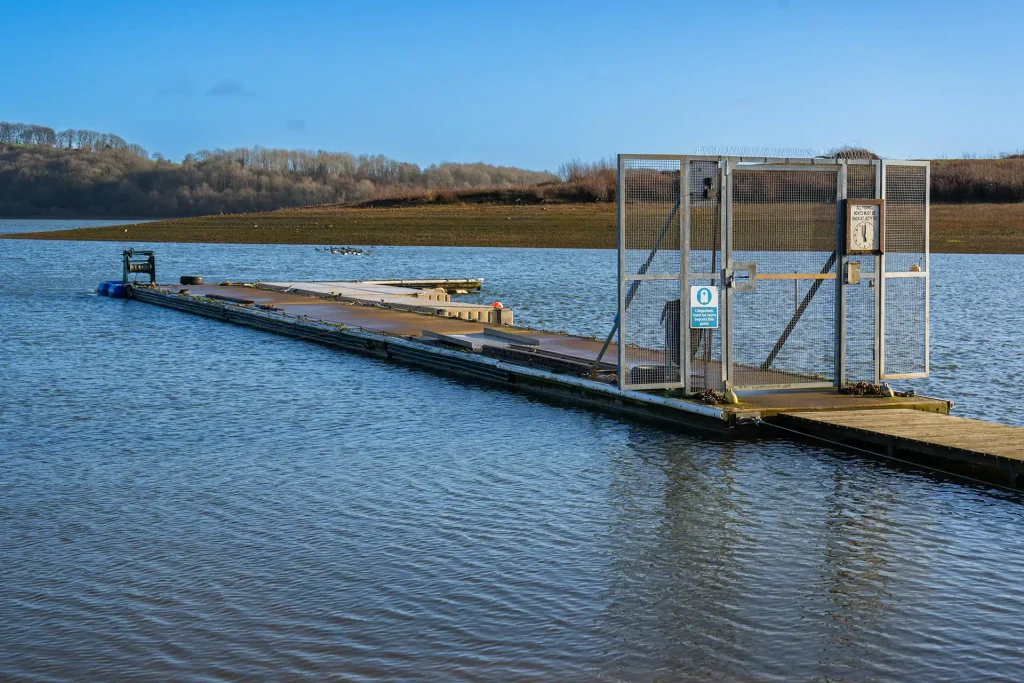River Tweed Commission criticises SEPA drought decision
The River Tweed Commission criticises SEPA for lifting drought water extraction restrictions after minimal rainfall
 Credit: Ronald Richardson
Credit: Ronald Richardson
Tweed Commission criticises SEPA’s drought U-turn
The River Tweed Commission has hit out at Scottish water bosses for what it calls a “wishful thinking” approach to drought management after restrictions were scrapped following just a few days of rain.
The River Tweed had been parched for over a month, forcing the Scottish Environment Protection Agency (SEPA) to ban water extraction by farms and businesses to protect struggling ecosystems. By late August, six areas of Scotland were officially in drought.
Then came a brief downpour in early September, and suddenly the restrictions were gone.
Short rainfall prompts reversal
“From critical scarcity to business as usual in a few days – this isn’t water resource management, it’s wishful thinking,” said Jamie Stewart from the River Tweed Commission. “Short bursts of heavy rain can’t fix exhausted rivers; they simply paper over the cracks.”
The commission is particularly concerned about the impact on salmon during spawning season. Low water levels make it harder for salmon to migrate upstream, increase their vulnerability to predators, and threaten the survival of their spawning nests when water levels drop further.
Mr Stewart condemned the knee-jerk approach: “We’re seeing a reactive, stop-go system that serves no one: not farmers, not communities and certainly not the environment.”
SEPA defends decision
However, SEPA defended its approach. Eilidh Johnston, SEPA’s Senior Manager in Water Industry and Rural Economy, said restrictions are lifted according to “clear thresholds based on river flows” and scientific knowledge about drought recovery.
She added that the Tweed area remains at Alert for Water Scarcity despite recent rainfall, meaning dry weather could quickly lead to new restrictions.
The River Tweed Commission argues this reflects broader problems with Scotland’s water strategy and calls for long-term investment in water storage and river restoration.





